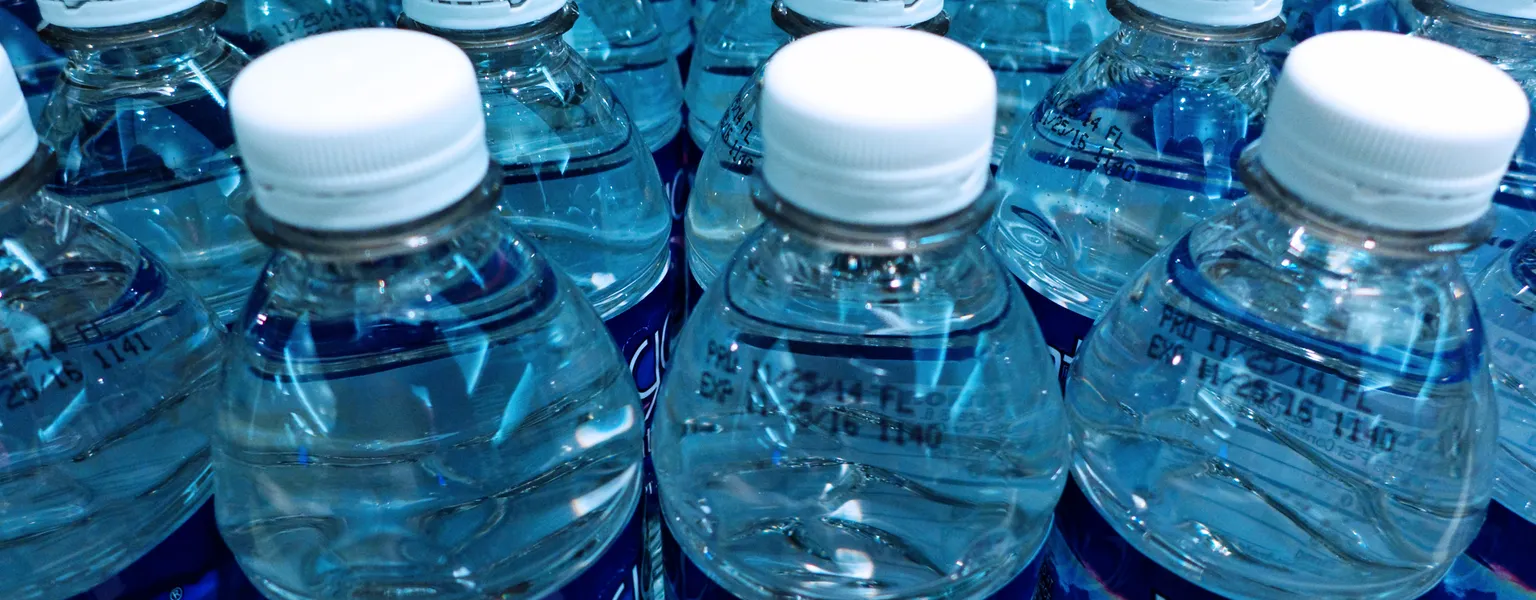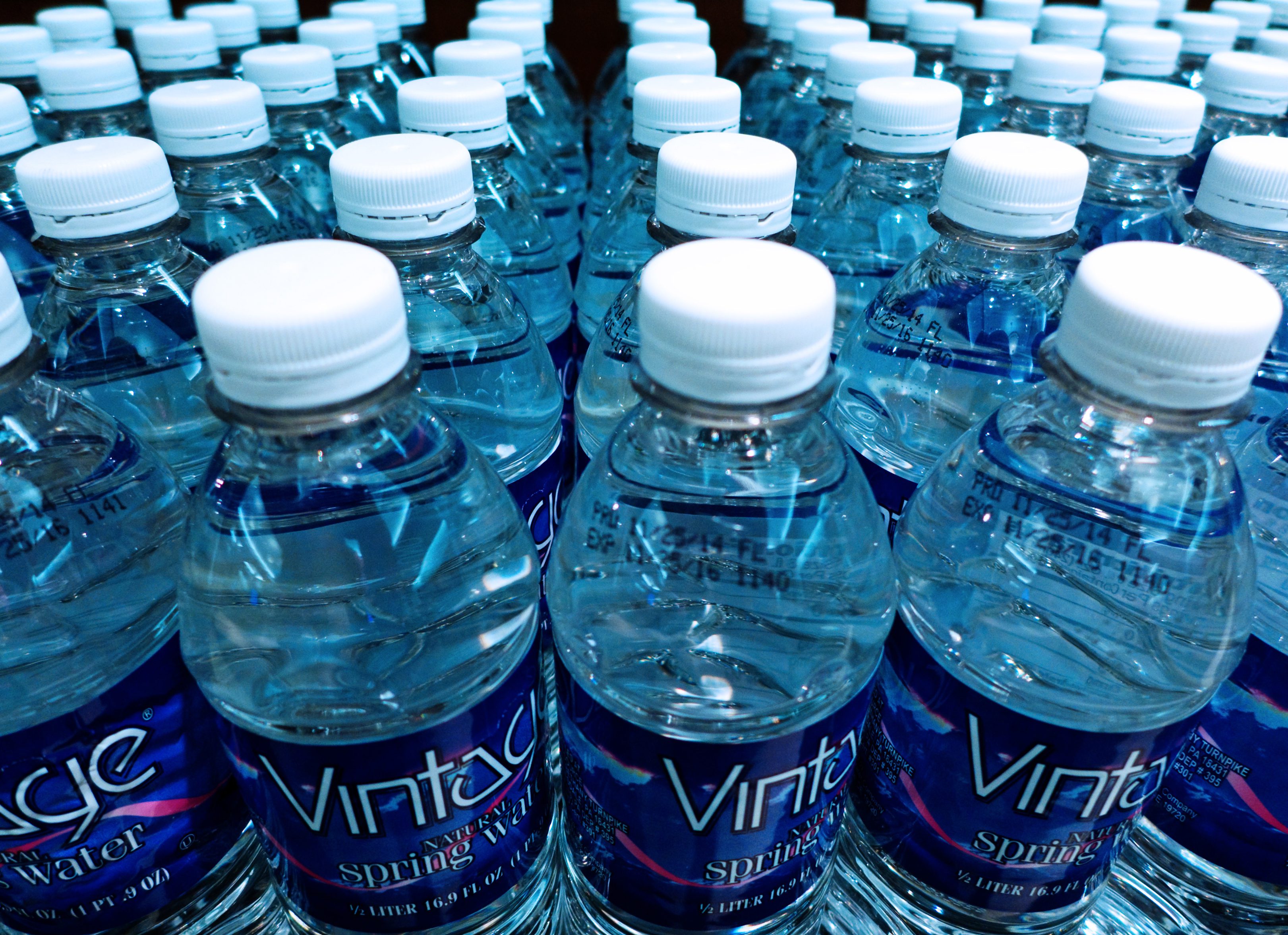New guide published to support deposit return schemes in Europe

Business
Natural Mineral Waters Europe (NMWE) and UNESDA Soft Drinks Europe have released the DRS Playbook, a guide aimed at supporting the design and rollout of Deposit Return Schemes (DRS) across Europe.
Commissioned from OLHC Consultants, the DRS Playbook offers practical direction on how to develop, finance and operate DRS systems. It draws on industry expertise, case studies and policy insights to provide an experience-based approach for policymakers and stakeholders.

The publication comes shortly after the approval of the Packaging and Packaging Waste Regulation (PPWR), with many EU Member States now considering new DRS frameworks or revising existing ones. According to NMWE and UNESDA, well-designed schemes can improve both the quality and quantity of beverage packaging collected for recycling.
Patricia Fosselard, Secretary General of NMWE, said: There can be no one-size-fits-all for DRS. Every system will need to take into account the country’s specific context. But with this Playbook, we hope to provide the essential ingredients to build effective schemes. By working together and sharing key learnings and best practices, we can build solutions which will deliver circularity for beverage packaging across Europe.
Nicholas Hodac, Director General of UNESDA, added: We are excited to release this playbook. It is a major collaborative effort bringing together our extensive expertise in DRS engagement with one clear goal: to inspire and guide stakeholders in making new DRS work effectively across Europe. This is an important step in our own circularity actions and helping the industry to accelerate progress toward a circular economy for beverage packaging.
Key areas covered in the Playbook include consumer-friendly system design, financial models for long-term viability, and operational strategies to achieve high return rates and closed-loop recycling. The guide also reiterates the beverage sector’s support for circular systems where bottles and cans are recycled into new beverage containers.
Related News
-
Sustainability
Portugal to introduce national deposit return scheme by 2026
-
Sustainability
140 million bottles returned at ALDI Hungary
-
Sustainability
Reloop report finds 54% less beach litter in countries with DRS
-
Sustainability
Western Australia to accept wine and spirit bottles in refund scheme from 2026
-
Business
Policy on top: What the latest packaging reforms mean for the drinks industry




